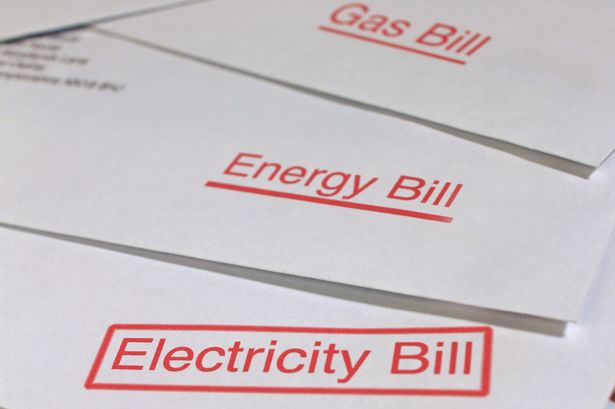More than 800,000 households face average £122 hike in energy bills over the next three months

More than 800,000 households could be automatically switched onto more expensive ‘default’ energy tariffs in the last three months of 2020 if they do not switch tariff or provider when their deal comes to an end. In October, November and December 2020, there are 469 fixed energy tariffs coming to an end, according to new research by comparethemarket.com. Rolling off fixed term deals onto default tariffs could collectively cost UK households over £100 million a year compared to their current energy costs.
Analysis of the fixed tariffs ending during these months finds that the average increase to energy bills could be £122 per household. comparethemarket.com’s data and analysis reveal that if customers do not switch when their fixed tariff ends, energy companies are set to benefit from a huge ‘inertia windfall’.
|
Month |
Est. number of customers affected |
Total cost to consumers |
Number of tariffs ending |
Average increase |
|
October |
328,340 |
£37,761,796 |
131 |
£115.01 |
|
November |
249,340 |
£28,201,819 |
176 |
£113.11 |
|
December |
243,551 |
£34,824,015 |
162 |
£142.98 |
|
Total |
821,231 |
£100,787,630 |
469 |
£122.73 |
The biggest hikes in energy costs could impact households whose tariffs end in December, where the average annual energy bill increase could be as much as £142. However, October could see the greatest number of customers affected, with 328,000 households estimated to be moved on to the more expensive ‘default’ tariffs if they do not switch, at a combined cost of almost £38 million.
Peter Earl, Head of Energy at comparethemarket.com, said:
“Being loyal to your energy supplier rarely pays. In fact, most energy firms rely on their customers not realising that they are about to default onto a more expensive tariff. The energy price cap was meant to limit the impact of rolling over onto an SVT, but clearly the cost of inertia remains high.
“We are yet to see a better or more effective way of cutting down the cost of energy than by switching provider. We would encourage households not to be lured into the perceived safety net of the price cap and regularly review the amount they are paying to heat and light their homes.”
In order to help people avoid rolling onto a standard variable tariff (SVT), comparethemarket.com customers can set up a savings alert and let AutoSergei do the legwork. Having signed up once to this service, customers will receive regular alerts when a cheaper tariff becomes available to them, as well as getting a notification when their fixed deal is about to expire.




